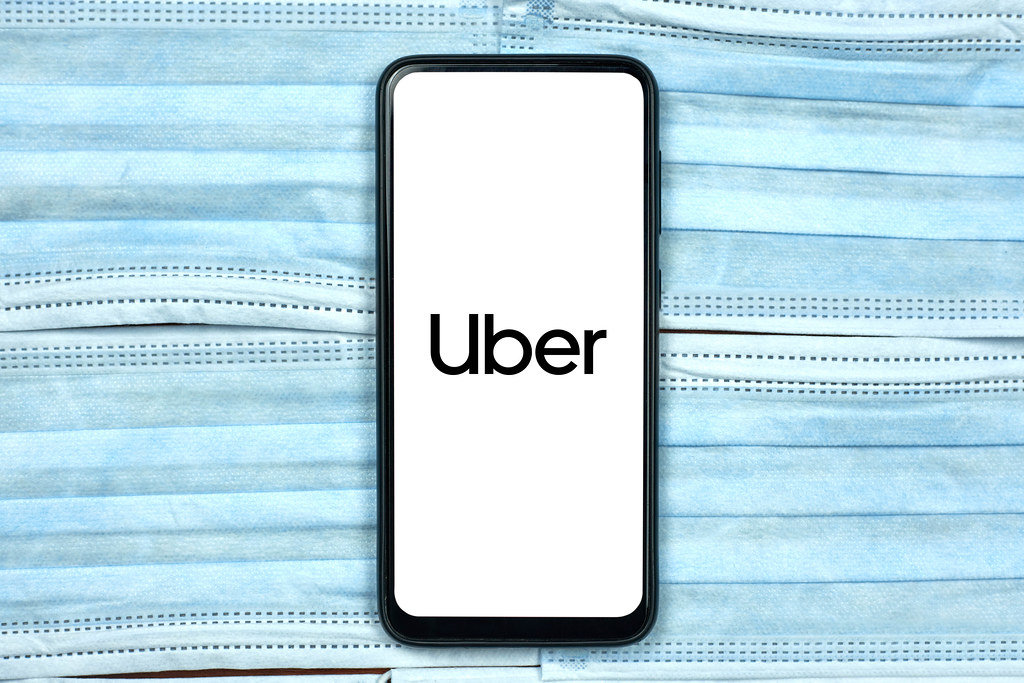
Uber has initiated legal proceedings against DoorDash, claiming that the leading food delivery service in the U.S. employs tactics that stifle competition. The lawsuit, filed in the Superior Court of California, accuses DoorDash of pressuring restaurants into exclusive or near-exclusive agreements for first-party delivery services, thereby limiting their freedom. Uber asserts that these actions punish restaurants seeking better options and lead to coercive practices, such as multimillion-dollar penalties or the removal of businesses from the DoorDash app.
Both Uber and DoorDash are prominent players in the food delivery sector, known for connecting restaurants, consumers, and gig economy workers through their respective apps. They also compete with white-label delivery services, Uber Direct and DoorDash Drive-on-Demand, launched in 2020, which offer a cost-effective solution for restaurants. These services allow patrons to order directly from restaurant-owned platforms, bypassing third-party apps.
The Lawsuit’s Allegations and Uber’s Position
Uber’s lawsuit contends that DoorDash controls first-party deliveries for over 90% of the largest enterprise restaurants in America. Uber further alleges that DoorDash has bullied restaurants into exclusive partnerships, essentially monopolizing the market. This legal action underscores the ongoing battle between these two giants as they vie for dominance in the competitive landscape of food delivery.
Sarfraz Maredia, head of the Americas for delivery at Uber, emphasized the company’s commitment to supporting merchants through partnerships that foster growth and autonomy.
“More than 1 million merchants partner with Uber Eats because we’ve helped them to reach more customers and provided them the freedom to decide how they want to grow their businesses with delivery.” – Sarfraz Maredia
DoorDash swiftly responded to the lawsuit, dismissing Uber’s claims as baseless. A spokesperson for DoorDash stated that the case lacks merit and suggested it represents a strategic move by Uber to gain a competitive edge.
The implications of this lawsuit could be significant for both companies and the broader food delivery market. As consumers continue to rely heavily on delivery services for diverse cuisines ranging from pizza to pad thai, the outcome of this legal battle may reshape the dynamics of how restaurants engage with delivery platforms.
Author’s Opinion
This lawsuit highlights the ongoing tension between Uber and DoorDash in the fiercely competitive food delivery sector. With both companies vying for control, the legal battle may ultimately shape how restaurants navigate delivery services and partnerships. The rise of exclusive agreements could limit options for businesses, potentially creating monopolistic practices that harm small and medium-sized merchants. As these giants fight for dominance, it will be crucial to ensure that restaurants remain empowered with choice and fair opportunities in the market.
Featured image credit: Marco Verch via CCNull
Follow us for more breaking news on DMR
